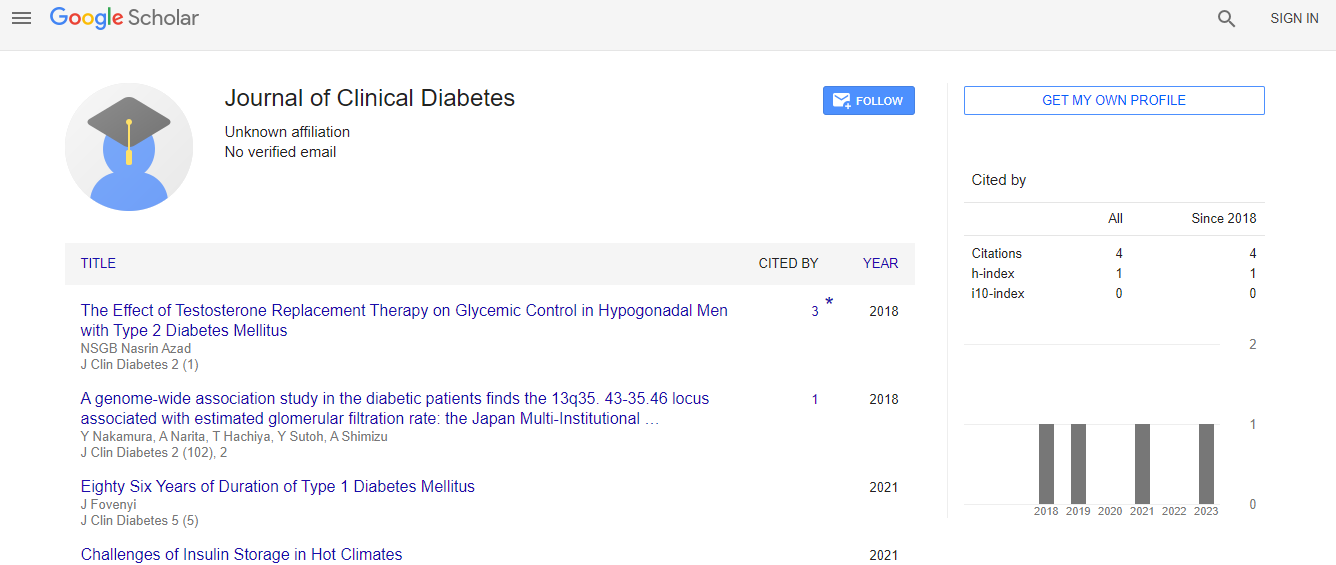Study of the Relationship between Chitotriosidase and Atherosclerosis in a Sample of Egyptian Patients with T2DM
*Corresponding Author:
Copyright: © 2020 . This is an open-access article distributed under the terms of the Creative Commons Attribution License, which permits unrestricted use, distribution, and reproduction in any medium, provided the original author and source are credited.
Abstract
Background: Diabetes mellitus type 2 (T2DM) is the leading cause of cardiovascular morbidity and mortality
worldwide. Poor glucose control, hypertension, and dyslipidemia are the main factors that increase the risk of
atherosclerotic disease in T2DM.
Aim: Study the relationship between Chitotriosidase and the development of atherosclerosis in a sample of
Egyptian patients with T2DM.
Method:This case control study was conducted on 75 subjects, divided into 2 groups: 50 T2DM patients which
were further divided into two groups (Ia) Non atherosclerotic, (Ib) Atherosclerotic patients, according to Carotid
artery intimal thickness (CIMT>0.9 mm), 25 healthy subjects as control. Fasting plasma glucose, 2h post prandial
plasma glucose, Carotid artery intimal thickness using carotid artery duplex, HbA1c, Lipid profile (cholesterol,
triglycerides, LDL-C, HDL), Serum creatinine, AST, ALT and Serum Chitotriosidase were assessed.
Result: There was a statistical significant increase in serum Chitotriosidase in Atherosclerotic diabetic patients
than Non atherosclerotic diabetic one (p value˂0.001), (2.5-3.98) ng/ml) vs. (1.1 (1-1.25) ng/ml) respectively. Also
Serum chitotriosidase was positively correlated with blood pressure, glycemic profile, lipid profile and CIMT.
Conclusion: There is increase in serum Chitotriosidase in atherosclerotic diabetic patients than nonatherosclerotic
diabetic one.

 Spanish
Spanish  Chinese
Chinese  Russian
Russian  German
German  French
French  Japanese
Japanese  Portuguese
Portuguese  Hindi
Hindi 